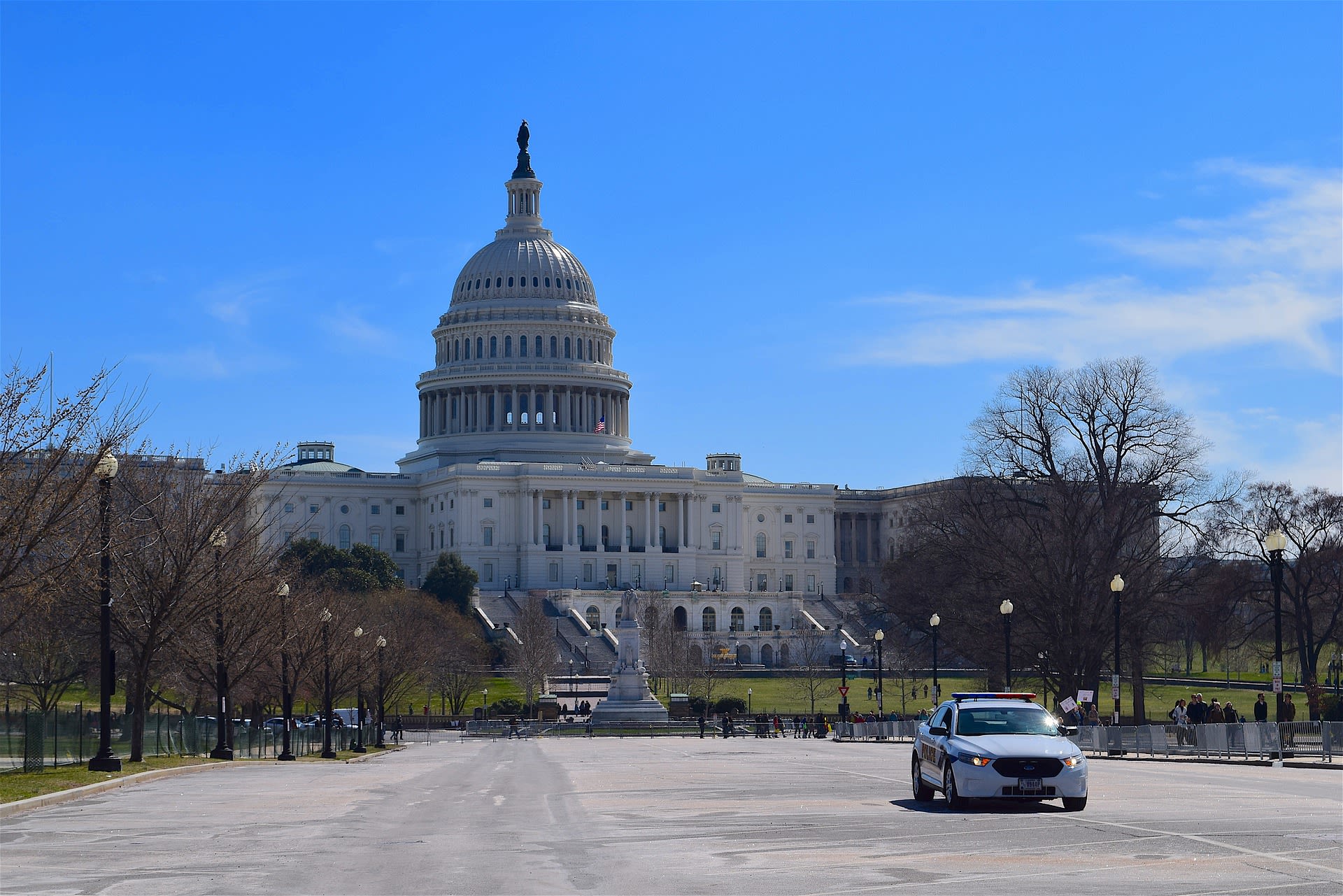After nearly half a century, US Congress tackles demand side of foreign bribery
After nearly half a century, US Congress tackles demand side of foreign bribery
For decades, it was a common complaint from companies: Why are we charged with a crime for paying a bribe when the recipient, who had likely demanded the money in the first place, escapes prosecution? Congress finally addressed the issue last week, sending the Foreign Extortion Prevention Act to President Joe Biden’s desk as part of an annual defense authorization bill. Biden is expected to sign the defense bill into law. The US move to criminalize bribery demands comes about 50 years after the passage of the Foreign Corrupt Practices Act.
Read on for the story from MLex®, or start your 14-day free trial today for access to breaking news and in-depth analysis from our Financial Crime correspondents around the world.
15 December 2023
By Samuel Rubenfeld
For decades, it was a common complaint from companies: Why are we charged with a crime for paying a bribe when the recipient, who had likely demanded the money in the first place, escapes prosecution?
Congress finally addressed the issue this week, sending the Foreign Extortion Prevention Act, or FEPA, to President Joe Biden’s desk as part of an annual defense authorization bill. The legislation criminalizes bribery demands by foreign officials in connection with obtaining or retaining business, and it carries a penalty of up to 15 years in prison, and a fine of $250,000 or three times the value of the payment, whichever is greater. It was backed by anti-corruption groups and business organizations, among others.
“FEPA is a landmark, bipartisan law that holds the potential to help root out foreign corruption at its source. It is arguably the most sweeping and consequential foreign bribery law in nearly half a century,” said Scott Greytak, the director of advocacy for Transparency International US.
Biden is expected to sign the defense authorization bill into law in the coming days.
The US move to criminalize bribery demands comes about 50 years after the passage of the Foreign Corrupt Practices Act, or FCPA, a landmark post-Watergate law that barred companies and individuals from paying officials to get or keep business. The FCPA applies to conduct committed abroad, and to foreign companies that trade shares on US exchanges, both a source of frequent consternation for firms and their employees operating in high-risk jurisdictions, and in economic sectors prone to corruption.
FEPA would also have extraterritorial application, according to the text of the defense bill passed by Congress.
American companies ranging from Goldman Sachs to Walmart have paid large fines under the FCPA, as have foreign firms such as Glencore, Odebrecht and Siemens. In some cases, the individuals who allegedly paid the bribes, or the executives accused of approving them, have been charged with FCPA violations as well.
This week, Freepoint Commodities, a Connecticut-based trading firm, entered into a deferred-prosecution agreement with the Justice Department and settled with the Commodity Futures Trading Commission over bribes paid to officials in Brazil. Three men associated with Freepoint Commodities have been charged and their case is pending, prosecutors said.
Ericsson pleaded guilty this spring to violating the FCPA after the company had failed to adhere to the terms of a deferred-prosecution agreement. A former employee who cooperated with the US probe avoided prison, while another remains at large.
But to pursue the foreign officials taking bribes, prosecutors have had to be creative, sometimes by filing charges under anti-money laundering statutes for moving dirty funds through the US financial system. It’s not a new problem: In 1991, an appellate court ruled that the Justice Department couldn’t charge foreign officials with conspiring to violate the FCPA, citing the law’s legislative history, which showed that Congress at the time had sought to avoid “jurisdictional, enforcement and diplomatic difficulties."
Between 2012 and 2019, the Justice Department charged foreign public officials with money laundering in 11 enforcement actions, and with conspiracy to commit money laundering in 19 enforcement actions, according to a 2020 peer evaluation of the US by the OECD Working Group on Bribery.
That method has worked in some instances, such as in the case of the former Venezuelan national treasurer and her husband, each of whom received 15 years in prison after they were found guilty of laundering bribes received from a billionaire media tycoon. The couple is appealing.
Addressing the bribery-demand issue head-on has gained ground in recent years, however. FEPA was first introduced in Congress in 2019, and again in 2021, before its passage this week via the defense authorization bill. The OECD in late 2021 called for member states to take steps to curb bribe solicitation.
Building up the capacity of domestic and multilateral bodies to combat corruption, including by addressing the demand side of bribery where possible, was cited by Biden as a priority in a June 2021 White House memo establishing the fight against corruption as a core US national security interest. Late that year, the White House issued a formal strategy to combat corruption that included a commitment to working on enacting legislation that would criminalize bribery demands.
“FEPA would create a powerful new tool for fighting foreign corruption at its source, and for protecting Americans and American businesses working abroad,” said Greytak, the advocacy director at Transparency International US.
To get the inside track on legislative developments, investigations and litigation, start your free trial today.




